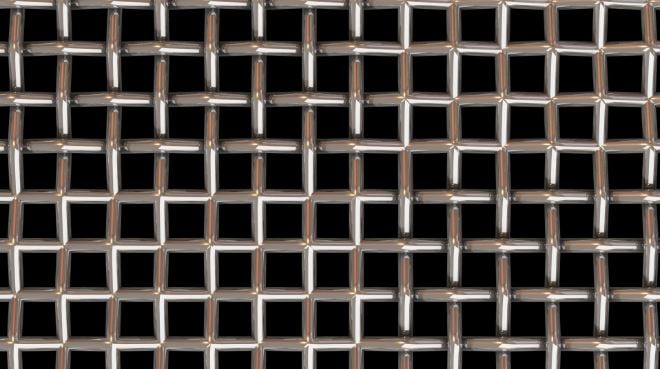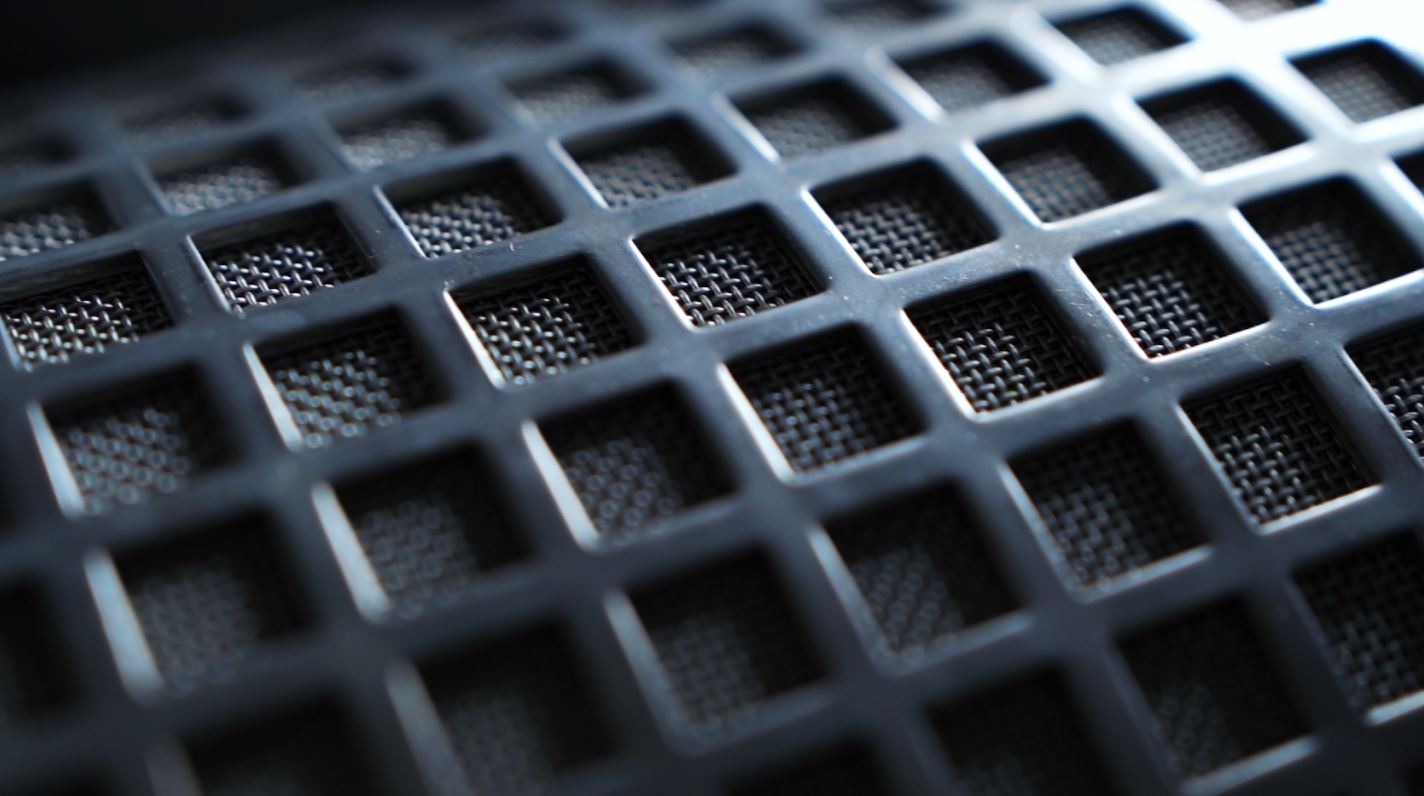Wire Mesh for Filtration: Centrifugal Filters
From plastic extrusion to wastewater management, the effect of quality filtration is all around us. Naturally, this means there are different filtration components designed to carry out the many filtration processes practiced today.
Centrifugal filters, for example, are designed to withstand the centrifugal filtration process, which subjects the material and filter to greater forces than most standard filtration processes. Having said that, what exactly is a centrifugal filter?
W.S. Tyler has been in the wire weaving business for over 150 years. During this time, we have made strides to help customers understand the capabilities of woven wire mesh so they can implement the solutions needed to develop trust in their products.
For that reason, we wrote the following article to provide insight into the possibilities of a wire mesh centrifugal filter. It will cover:
- The definition of a centrifugal filter
- The functions of a centrifugal filter
- The definition of woven wire mesh
- The benefits of using a wire mesh centrifugal filter
What Is a Centrifugal Filter?

A centrifugal filter is a medium designed to separate various particles from liquids based on particle size. They are specifically used when the separated particles have a density greater than the liquid.
These filters are fabricated to fit a specific device; however, they commonly take on conned or drum form factors.
How Does a Centrifugal Filter Work?
As their names suggest, centrifugal filters utilize centrifugal force to filter solids from liquids. As the centrifugal filter begins to spin rapidly, the slurry is projected onto the walls of the filter.
As a filter media, such as woven wire mesh, is used to construct these filters, the porous qualities of the filter allow the liquid to pass as it is forced through. That said, the filter media is also designed to stop unwanted particles based on their size range.
Now, because the forces present during the centrifugal filtration process are greater than natural gravity, it's known for being one of the faster filtration processes.
What Is Woven Wire Mesh?
Woven wire mesh is a metallic cloth comprised of individual wires interwoven to form various weave patterns. A heavily monitored age-old weaving process is used to ensure each weave features pore openings that are both rigid and accurate.

What makes woven wire mesh such as widely used material is its ability to be customized to fit virtually any filtration application. Wire mesh users can have parameters such as mesh count, wire diameter, opening size, and alloy calculated prior to being woven to tailor to their specific needs.
Additional techniques, known as valued added services, can also be applied after the weaning process to ensure peak performance. These techniques include calendaring, forming, stamping, welding, and more.
Why Use Woven Wire Mesh?
When applied as a centrifugal filter, there are many characteristics of woven wire mesh that make it stand out amongst similar screening media. For example, the material's rigid qualities allow for efficient performance.
During operation, the centrifugal filtration process places a tremendous amount of force onto the material being filtered. This force is consequently applied to the screening media.
Because the individual wires used to weave wire mesh are constructed from a metallic alloy, it has the ability to withstand this force while maintaining the precision of the pore openings.
You will often see centrifugal filters outfitted with materials like perforated plate as their screening media. While these materials offer some of the best durability, a large portion of their surface area is closed, reducing the amount of liquid or material that can pass.
With woven wire mesh, the only closed surface area occurs at the various wire intersections. This, alongside the tight tolerances of the weave, allows wire mesh centrifugal filters to deliver maximum throughput without sacrificing screening performance.
The final key benefit of using woven wire mesh for centrifugal filtration is its flexibility.
You will find the centrifugal filters come in all shapes and sizes. While known for its rigidity, woven wire mesh can be easily bent, molded, and otherwise formed to accommodate virtually any centrifugal filtration process.
Learn the Basics of Wire Mesh To Weave Innovative Solutions
Centrifugal filters are components that undergo significant centrifugal force to separate solids from liquids. Woven wire mesh affords these filters the durability, open surface area, and flexibility needed to withstand the forces of this process without losing any screening accuracy.
Now that you understand how centrifugal filters can fit your proces, the next step is to begin pinpointing what screening media you will use. To gain a better idea of whether or not woven wire mesh is right for you, it is recommended that you get to know the basics of the material prior to reaching out to a supplier.
This will help make the most of the conversation, saving you time and money.
Having helped customers weave wire mesh into their process for over 150 years, W.S. Tyler is here to help you produce quality products that deliver accurate results.
Read the following article to learn all the basic information surrounding the woven wire mesh industry:
About Ronnie Brown
Ronnie is the Content Writer for W.S. Tyler and has four years of experience as a professional writer. He strives to expand his knowledge on all things particle analysis and woven wire mesh to leverage his exceptional writing and graphic design skills, creating a one-of-a-kind experience for customers.




